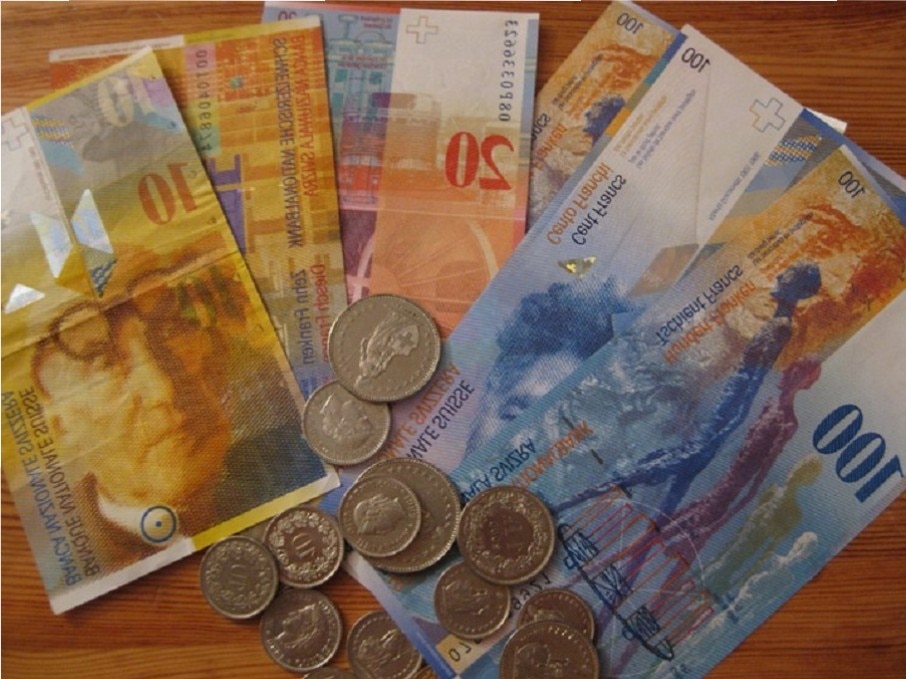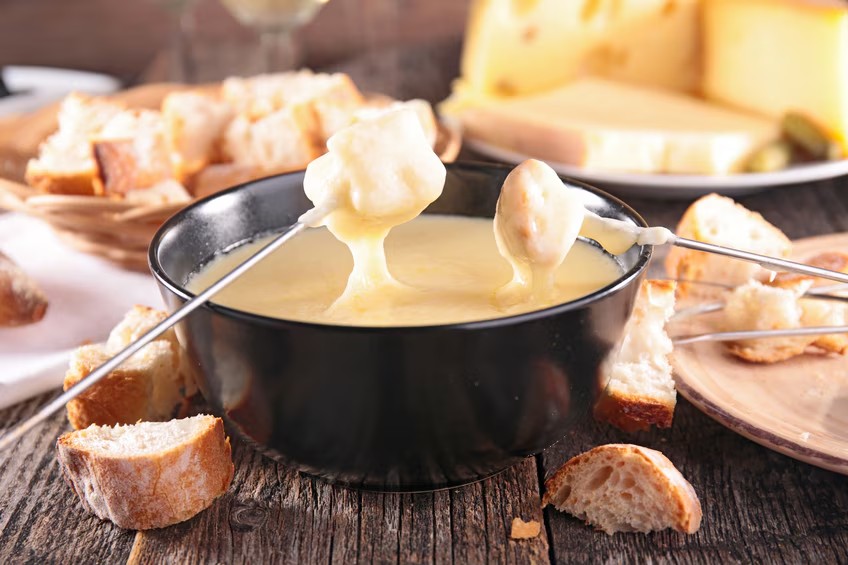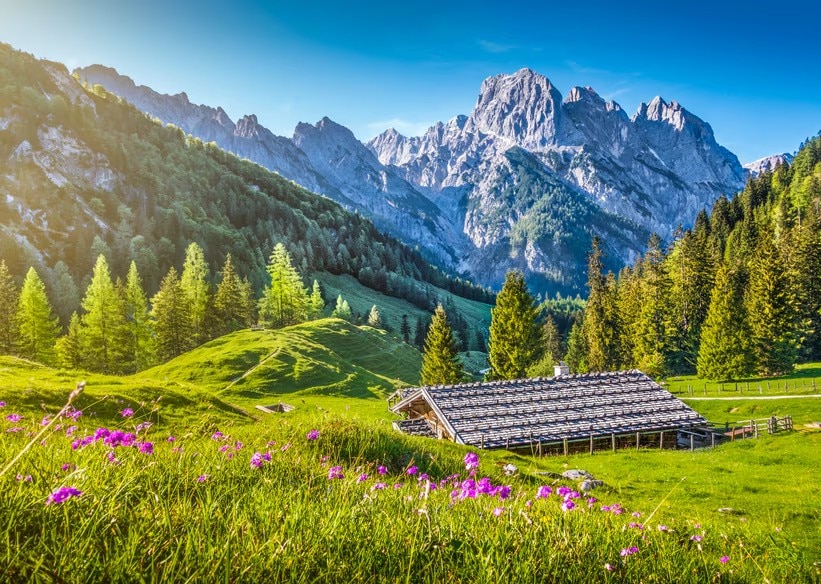-
2026/03/14
Chicago(ORD) -
2026/03/22
Geneva
(Updated: August, 16, 2025 02:02)
Switzerland Travel Tips and Information
Official Name
The Swiss Confederation
Capital
Bern
Population
Country Code
About 8.1 million
CH
Country Code (international calls)
+41
The flight time to Switzerland is approximately 8~12 hours. Check the climate, currency, religion, manners, other information of Switzerland below. Wishing you pleasant travels to Switzerland.
Switzerland is located almost in the center of Western Europe, Switzerland shares borders with five countries: Italy, Germany, Austria, France, and Liechtenstein.
Compare Airfares for Flights to Switzerland
Compare Airfares for Flights to Switzerland
Compare Airfares for Flights to Switzerland
Local Climate / Weather
Switzerland offers a varied climate throughout the year, with four distinct seasons. The climate ranges from moderate in lowland areas to cold and snowy in the mountainous regions, such as the Alps. Summers (June to August) are warm, with temperatures between 18°C and 28°C, ideal for outdoor activities like hiking. Winters (December to February) are cold, especially in the mountains, where skiing is popular, with temperatures often below freezing.
Currency & Tipping
Currency
When traveling to Switzerland, it's important to familiarize yourself with the local currency. The official currency of Switzerland is the Swiss Franc (CHF). For travelers, it's helpful to know that the Swiss Franc is widely accepted in cash and card transactions, and ATMs are readily available across the country. While credit cards are commonly used, having some cash on hand is always advisable, especially for smaller businesses and in rural areas.
Tipping
In terms of tipping, Switzerland doesn’t have a strong tipping culture. Service charges are generally included in restaurant bills. However, it’s customary to round up the bill or leave a small tip (about 5-10%) for exceptional service. This practice also applies to taxis and hotel services, though tips are not obligatory. For travelers, understanding this system will help avoid confusion during your stay in Switzerland. By keeping these details in mind, travelers can enjoy a smooth and enjoyable trip without worries about currency exchange and tipping etiquette.
Useful Travel Information

Voltage & Electrical Outlets
Switzerland uses a standard voltage of 230V with a frequency of 50Hz. The common plug type is Type J, which has three round pins. Travelers should bring a universal adapter to charge their devices.

Internet Connectivity
Switzerland offers a well-connected internet environment. Free Wi-Fi is available at airports, hotels, restaurants, and popular tourist spots. Major cities, such as Zurich and Geneva, have widespread public Wi-Fi, and travelers can also purchase affordable data plans from local telecom providers like Swisscom or Salt.
Water for Consumption (Drinking Water)
Switzerland is known for its clean, safe drinking water. Tap water is of high quality and readily available throughout the country, so travelers can refill bottles at public fountains, reducing the need to buy bottled water.
Culture, Religion & Social Etiquette
Culture
Switzerland is known for its cultural diversity, shaped by its four distinct linguistic regions: German, French, Italian, and Romansh. Each region has its own customs, festivals, and ways of life. Swiss people value punctuality, privacy, and cleanliness, traits that are strongly embedded in daily life. Traditional festivals like Swiss National Day (August 1) and local fairs are celebrated with parades, fireworks, and folk music. The Swiss are also passionate about outdoor activities, such as skiing, hiking, and mountain climbing, thanks to the country's beautiful landscapes. For travelers, it’s important to note that locals tend to maintain a formal and polite demeanor.
Religion
Switzerland is predominantly Christian, with Roman Catholicism and Protestantism being the two major denominations. However, it is also a country with a growing population of Muslims, Jewish and other religious minorities due to immigration. Switzerland promotes religious freedom, and while church attendance has declined, religious holidays like Christmas and Easter are widely celebrated. Travelers visiting Switzerland during these periods may notice limited business hours and more community-oriented celebrations.
Social Etiquette
Swiss people are known for their politeness, punctuality, and respect for personal space. When greeting someone, a firm handshake with eye contact is customary. Among friends and family, air kisses on the cheek (usually three) are a common greeting. Swiss culture values punctuality highly, so arriving on time for meetings, social events, or appointments is essential. When dining out, tipping is appreciated but not mandatory, as service charges are typically included in the bill. Small gestures of politeness, such as saying “thank you” (“danke” or “merci”), and respect for privacy are important in day-to-day interactions.
Food Culture
Switzerland is known for its rich and diverse food culture, deeply influenced by its Alpine geography and neighboring countries like France, Italy, and Germany. For travelers, exploring Swiss cuisine offers a delightful journey through traditional dishes, unique flavors, and international influences that make Switzerland a food lover’s paradise. Swiss cuisine is synonymous with world-famous cheese and chocolate. A must-try is fondue, a dish where melted cheese, typically a mix of Gruyère and Emmental, is served in a communal pot and enjoyed with bread. Another iconic cheese dish is raclette, where melted cheese is scraped onto boiled potatoes, pickles, and onions—a perfect dish for sharing with friends. Swiss chocolate is also legendary, and travelers should not miss the chance to try artisanal chocolate from brands like Lindt or visit local chocolatiers, who offer a range of decadent treats. Beyond cheese and chocolate, Switzerland offers a variety of hearty meals perfect for those exploring the Alps. Rösti, a crispy potato dish, is a local favorite, often served with sausages or eggs. The influence of neighboring countries can be seen in dishes like Zürcher Geschnetzeltes, a creamy veal dish from Zurich, or Italian-inspired risottos and pastas found in the southern regions. Street food in Switzerland provides a quick, flavorful experience. Travelers can savor bratwurst, a popular Swiss-German sausage, often sold at local markets and food stalls. Another favorite is the cervelat, Switzerland’s national sausage, which is grilled and enjoyed with mustard or served in a salad. Don’t forget to try Swiss pastries like bretzels or local sweet treats such as Birnbrot, a traditional fruit-filled bread, at street vendors and local bakeries. When it comes to dining out, Switzerland offers a wide range of restaurants, from traditional taverns to fine dining establishments. Visitors can explore famous restaurants like Kronenhalle in Zurich, known for its luxurious Swiss dishes, or visit Restaurant La Bottega in Geneva, where modern European cuisine meets Swiss tradition. For a more laid-back meal, try a local brasserie or mountain chalet restaurant, where you can enjoy Swiss comfort food in a cozy, authentic setting. Whether you’re indulging in cheese-based dishes, enjoying street food, or dining at recommended local restaurants, Swiss cuisine is sure to leave travelers with lasting memories of their trip.
Major Tourist Attractions & UNESCO World Heritage Sites
Major Tourist Attractions
Switzerland boasts numerous tourist destinations nurtured by its majestic nature and unique history. Highlights include the Matterhorn, Jungfraujoch, Gornergrat, Mont Blanc, Chillon Castle, Lake Geneva, and Lake Brienz. The Old Town of Bern, the capital, is a picturesque city nestled along the Aare River and surrounded by mountains on three sides. With about 70% of the country covered by mountainous terrain such as the Alps, scenic train journeys like the Glacier Express, Gornergrat Railway, Jungfrau Railway, and Bernina Express are also a major attraction.
UNESCO World Heritage Sites
Switzerland has a total of 11 UNESCO World Heritage Sites, comprising 8 cultural and 3 natural sites. ・Cultural Heritage Sites: The Old City of Bern, the Abbey of Saint Gall, the Benedictine Convent of Saint John in Müstair, the three castles, fortifications, and walls of Bellinzona, the Lavaux Vineyard Terraces overlooking lakes and the Alps, the urban planning of the watchmaking cities of La Chaux-de-Fonds and Le Locle, and more. Each site offers impressive scenery combined with stunning natural beauty. ・Natural Heritage Sites: The Jungfrau-Aletsch-Bietschhorn, the Swiss Tectonic Arena Sardona, and Monte San Giorgio.
Travel FAQs
When is the best time to visit Switzerland?
Switzerland is a year-round destination with unique experiences in every season. Winter is perfect for skiing, autumn offers stunning fall colors, and summer is ideal for hiking with blooming alpine flowers in the highlands.
Do people in Switzerland speak English?
While Switzerland is known for its four official languages, English is widely spoken, especially in tourist areas. However, regional languages like French and Italian are more prevalent in the west and south.
What are some of the key cities in Switzerland?
Zurich, the largest city, Lausanne in the French-speaking region, and Bern, known for its UNESCO-listed old town, are some of the major cities.
Is Switzerland safe? Any safety tips?
Switzerland is considered very safe, but minor crimes like pickpocketing can occur. It’s recommended to avoid carrying large amounts of cash and stay aware of your surroundings.




